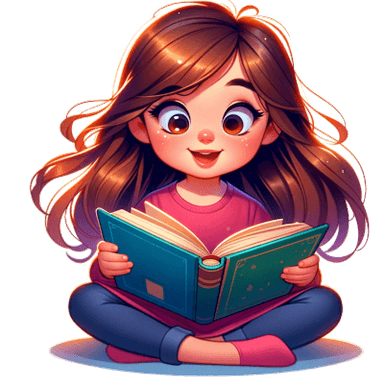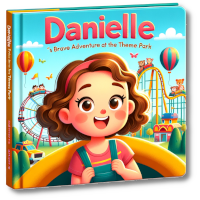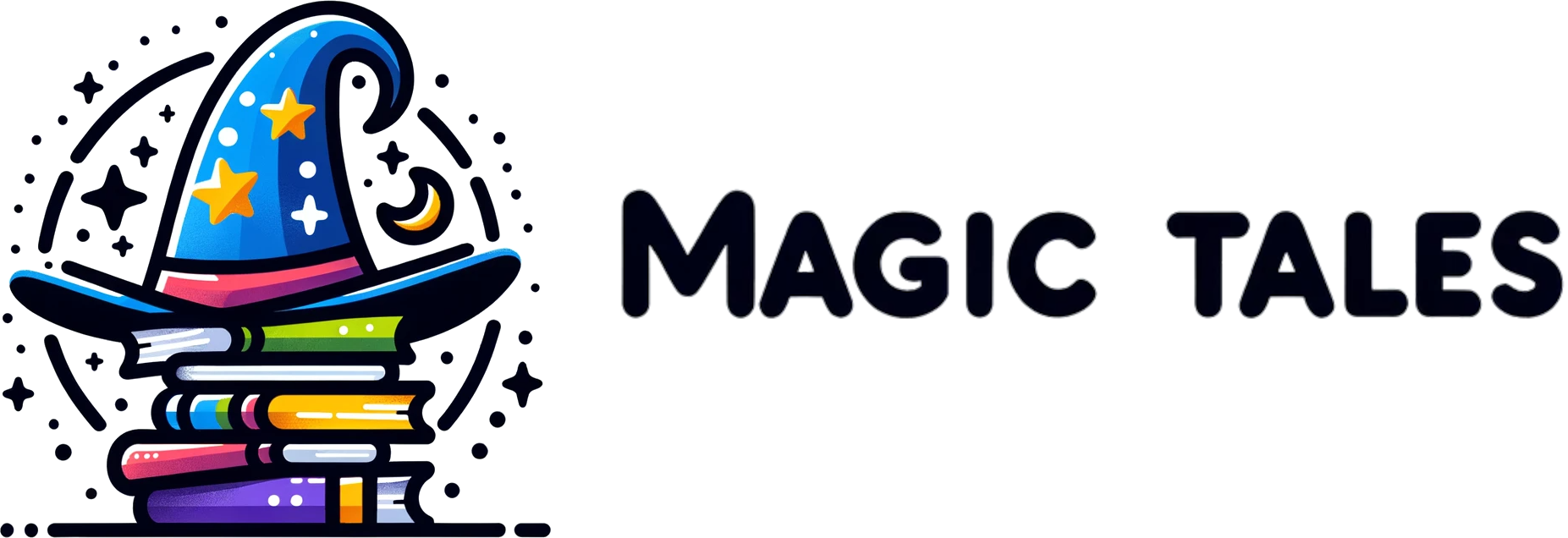Reading with children
a blog by Magic Tales

Of Truth-Tellers and Fairytales: Unraveling the Psychology of Honesty in Children’s Literature
Unmasking the Hidden Mirrors: Literature As a Reflection
Children's literature is not merely an assemblage of artfully narrated stories and impressive illustrations. Beyond the colors, giggles, and magic, they also serve as potent tools to mold young minds. One powerful virtue that children’s books commonly aim to foster is 'honesty'.
The Honest Lens: Children’s Literature and Its Role
The sheer abundance of tales that glorify truth-telling, like 'Pinocchio' and 'The Boy Who Cried Wolf', indicates the importance of honesty in children's developmental stage. It is observed throughout human history how parents, educators, and psychologists have leveraged storytelling to foster truthfulness and inhibit deceit. But how exactly does it work?
The Mirror Effect: Story Characters as Role Models
Children, by nature, are highly impressionable. In essence, what they see, they often emulate. When a story character tells the truth and is rewarded, children may associate honesty with positive outcomes thus reinforcing the virtue. Conversely, when a character lies and experiences negative outcomes, children may interpret this as a warning against dishonesty. This phenomenon is aptly termed the ‘Mirror Effect,’ where children reflect the behaviors they glean from fictional characters.
Magic of Empathy: Understanding and Feeling for Characters
The psychologist, Bruno Bettelheim, in his book 'The Uses of Enchantment,' explains that children often identify with storybook characters, experiencing their joys, failures, rewards, and punishments. This emotional engagement fosters empathy, which is a crucial component for understanding the value of honesty. Through the emotions they experience as they journey with their favorite characters, children learn the profound difference between truth and lies.
Speaking their Language: Honesty Simplified
Concepts such as honesty could be abstract and complicated for young children. However, children's literature serves as a perfect medium to explain these essential life truths in a simple, relatable way. Through vivid illustrations and child-friendly language, children’s books break down these values into digestible pieces that children can easily absorb and understand.
More Than Just Morals: Encouraging Critical Thinking
Lastly, the impact of children's literature on honesty goes beyond teaching morals. Stories encourage children to analyze the reasons behind the characters' honesty or dishonesty, the consequences they face, and allows them to weigh in on the choices made by these characters, which help develop their critical thinking skills.
Wrapping It Up:
As we spend quality time reading to our kids, it is important to remember that we are not just entertaining them, we are also fostering virtues that contribute to their character development. Recognizing the psychology behind honesty in children’s literature gives us an additional tool to educate our children about truthfulness, empathy, and critical thinking.
After all, isn't it miraculous that the simple act of reading a book could potentially raise a generation of truth-tellers? As Mark Twain once quipped, 'Truth is stranger than fiction,' and when it comes to children literature, it indeed is!
Want a personalized book to read with your child about Honesty?
Takes as quickly as 30 seconds to create
Create a book about Honesty

